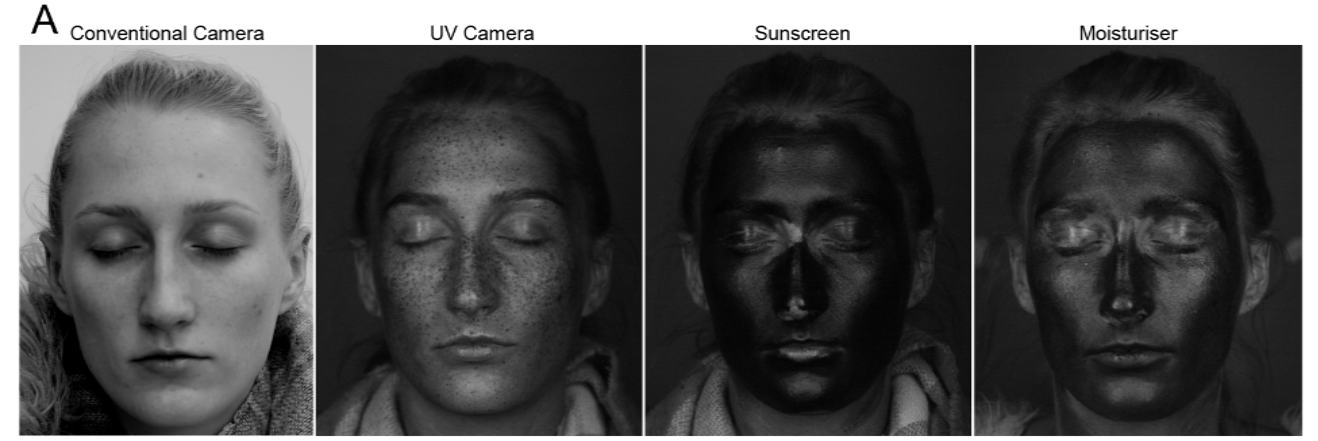SPF in moisturisers doesn't protect skin fully from sun, study warns
A moisturiser with SPF won’t provide you with the same protection as a sun cream, experts claim

Your support helps us to tell the story
From reproductive rights to climate change to Big Tech, The Independent is on the ground when the story is developing. Whether it's investigating the financials of Elon Musk's pro-Trump PAC or producing our latest documentary, 'The A Word', which shines a light on the American women fighting for reproductive rights, we know how important it is to parse out the facts from the messaging.
At such a critical moment in US history, we need reporters on the ground. Your donation allows us to keep sending journalists to speak to both sides of the story.
The Independent is trusted by Americans across the entire political spectrum. And unlike many other quality news outlets, we choose not to lock Americans out of our reporting and analysis with paywalls. We believe quality journalism should be available to everyone, paid for by those who can afford it.
Your support makes all the difference.Using a moisturiser with SPF won’t be enough to protect your skin against sun damage this summer, a revealing new study has warned.
Many people may assume that applying a moisturiser with an SPF of 30 will provide their faces with adequate protection throughout the day from the sun’s rays as temperatures rise.
However, researchers from the University of Liverpool have stated only sun cream is recommended when spending long periods of time in the sun due to lack of thorough application.
The team carried out a study in which they asked a group of participants to apply sun cream to their faces on the first day of testing, and then to apply moisturiser with SPF on another day.
The researchers then took photographs of their faces on both days, using a specially modified camera that's able to see UV light.
The darker the skin on their faces appeared in the photographs, the greater the level of protection.
The team concluded that the participants covered 89 per cent of their faces when applying sun cream, and only 84 per cent of their faces when applying moisturiser.

Furthermore, the images where the participants used sun cream appeared darker, implying that people are more likely to apply sun cream more thickly than moisturiser, which will consequently provide their skin with a stronger defence from the sun.
The findings were presented at the British Association of Dermatologists’ Annual Meeting in Edinburgh on Tuesday 3 July.
Austin McCormick, a member of the research team and an consultant ophthalmic and oculoplastic surgeon, explained why moisturiser with SPF shouldn’t be seen as a suitable alternative to sun cream.
“Although skin moisturiser with SPF does provide sun protection, our research suggests that it’s not the same degree as sunscreen,” he said.
“We do not recommend moisturisers and makeup that contain UV protection - it is better than no protection at all, but for prolonged periods in the sun we recommend the application of sunscreen with high SPF.”
Matthew Gass of the British Association of Dermatologists also emphasised the importance of using effective suncare products.
“Unfortunately, moisturiser with SPF just doesn’t perform particularly well in real world situations compared to sunscreen,” he said.
“Although it may say factor 30 on the box, this study is just further evidence that lab testing conditions for these products don’t reflect how they are used.
“Another important thing to take away from this research is that people often miss areas of their face when applying sun protection, a good way to prevent this from becoming an issue to wear sunglasses and reapply sunscreen regularly,” he continued.
“This should help protect the bits you miss from being exposed to excessive sun."
Join our commenting forum
Join thought-provoking conversations, follow other Independent readers and see their replies
Comments